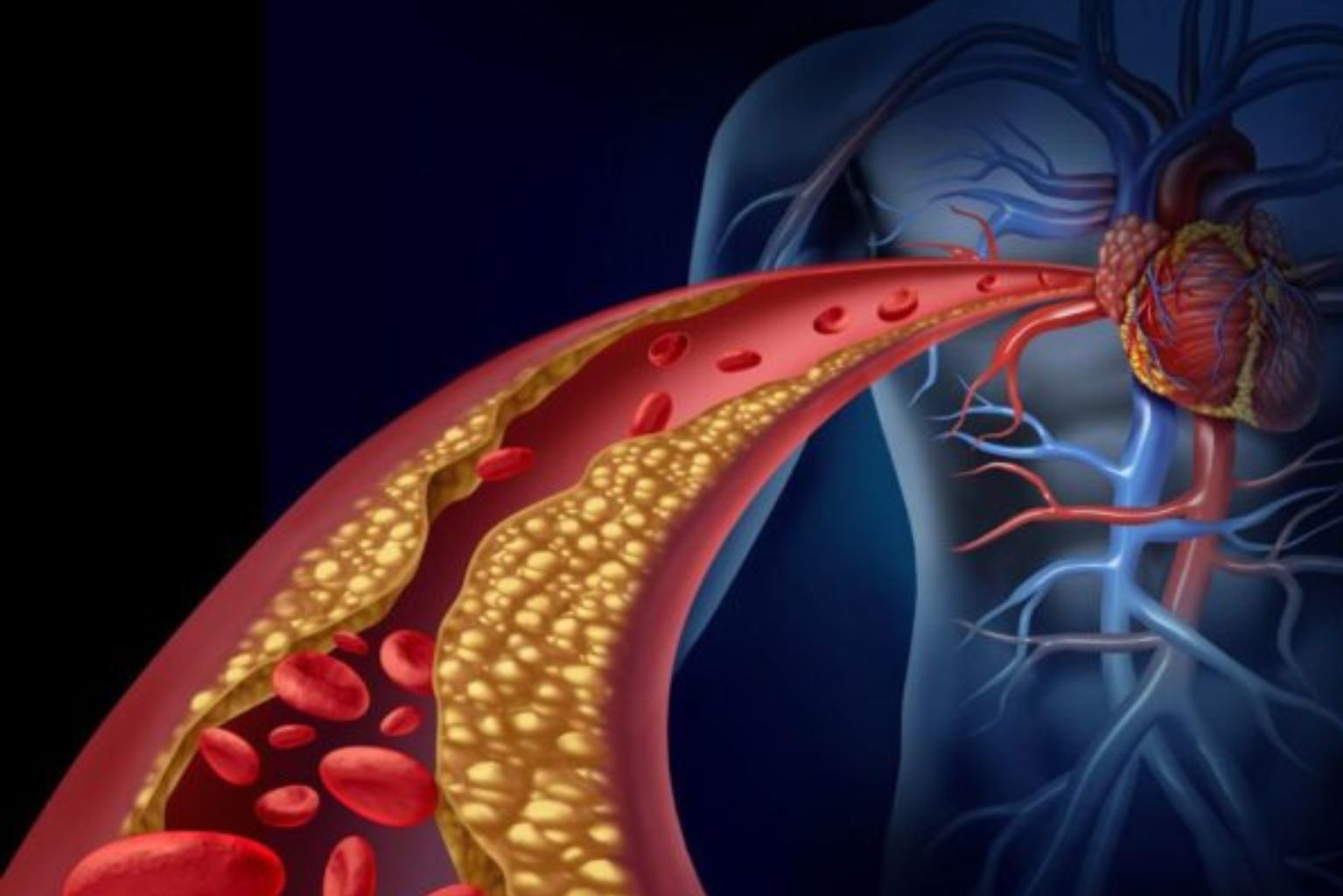
30 Sep One Test, A Healthier Tomorrow: The Cholesterol Story
One Test, A Healthier Tomorrow: The Cholesterol Story
At Vision Diagnostic Centre LLP, we think that awareness is the first step towards improved health. The little, silent indicators that exist inside our bodies are often more important than the more obvious symptoms, and occasionally a quick test can save a life.
Cholesterol is one of those quiet elements; most of us have heard of it but may not completely comprehend it. What is it? Why does it matter? And how can a quick blood test tell you so much about your heart’s health?
Let’s break it down in a way that’s easy to understand — because your health shouldn’t be a mystery.

What Is Cholesterol, and Why Is It Important to You?
Your blood contains a fatty, waxy material called cholesterol. A certain level of cholesterol is necessary for your body to function properly since it helps with hormone production, cell formation, and food digestion.
There is a twist, though. Your arteries may constrict and obstruct blood flow if you have too much cholesterol in your blood. This could eventually lead to serious health problems like heart attacks or strokes.
The Good, The Bad, and The Tricky
Here’s the simple version:
- HDL (High-Density Lipoprotein) = Good cholesterol
HDL helps remove extra cholesterol from your blood. Higher HDL levels are good for your heart.
- LDL (Low-Density Lipoprotein) = Bad cholesterol
Too much LDL can clog your arteries and raise your risk of heart disease.
- Triglycerides = Another type of fat in your blood
High triglycerides can also increase your risk of heart disease.
The Lipid Profile Test — A Small Step, A Big Insight
At Vision Diagnostic Centre LLP, we offer the Lipid Profile Test, a simple blood test that gives a full picture of your cholesterol levels. It includes:
- Total Cholesterol
- HDL (Good) Cholesterol
- LDL (Bad) Cholesterol
- Triglycerides
- VLDL (Very Low-Density Lipoprotein)
You may be asked to fast for 8 to 12 hours before the test to get the most accurate results.
Understanding Lipid Ratios:
Lipid profile ratios like VLDL cholesterol, HDL/LDL, LDL/HDL, and Total Cholesterol/HDL offer deeper insight into heart disease risk than individual cholesterol levels. For example, a higher LDL/HDL ratio may indicate greater risk, while a lower CHOL/HDL ratio is generally protective. These calculated markers help clinicians assess cardiovascular health more precisely.
Why Is the Lipid Profile Important?
|
Early Detection |
Prevention |
Monitoring |
|
|
High cholesterol doesn’t cause symptoms. A lipid profile helps catch problems before they become serious. |
Knowing your numbers allows you to take control — through lifestyle changes or medication — before health issues arise. |
If you’re already on treatment, regular testing helps track progress and adjust care when needed. |
Who Should Get Tested?
We recommend getting your cholesterol checked if:
- You’re over 30 years old
- You have a family history of heart problems
- You’re overweight or have an inactive lifestyle
- You have diabetes, high blood pressure, or smoke
- You just want to stay on top of your health (which is always a good idea!)
Implications of Abnormal Results
Abnormal lipid profile results can be an early warning sign of underlying health issues, particularly related to the cardiovascular system. Elevated levels of LDL (bad cholesterol) or triglycerides, or low levels of HDL (good cholesterol), may indicate an increased risk of developing atherosclerosis—a condition where fatty deposits build up in the arteries, leading to reduced blood flow.
Such imbalances can significantly raise the risk of heart attacks, strokes, peripheral artery disease, and high blood pressure. In some cases, abnormal results may also point to other health problems like diabetes, liver dysfunction, thyroid disorders, or genetic lipid metabolism disorders (such as familial hypercholesterolemia).
If lipid levels are outside of the healthy range, your doctor might suggest lifestyle modifications (such as diet and exercise), prescribe medication (such as statins or fibrates), or order additional testing to better determine cardiovascular risk. Early diagnosis and intervention can be an important part of preventing severe complications and enhancing long-term health.
How to Keep Your Cholesterol in Check
Managing your cholesterol is easier than you think. Try these simple habits:
- Eat more fruits, vegetables, and whole grains
- Move more — even 30 minutes of walking helps
- Cut down on fried and fatty foods
- Quit smoking (your heart and lungs will thank you!)
- Follow your doctor’s advice and get tested regularly
Frequently Asked Questions :
1.How often should I get a cholesterol test?
It depends on your age and health condition:
- Every 4–6 years if you’re healthy and under 40
- Every 1–2 years if you’re over 40 or have risk factors like diabetes, high blood pressure, obesity, or a family history of heart disease
- More frequently if you’re already being treated for high cholesterol
2. Can I have high cholesterol even if I feel fine?
Yes, absolutely. High cholesterol has no symptoms — that’s why it’s often called a “silent risk.” You may feel perfectly healthy but still have cholesterol levels that put your heart at risk. That’s why regular testing is important.
3.I eat healthy and exercise — do I still need a cholesterol test?
Yes. While a healthy lifestyle greatly reduces your risk, cholesterol levels can still be high due to genetics or other factors like age or stress. Testing helps you confirm that your efforts are working — or identify if extra steps are needed.
4. Is cholesterol only about heart health?
Primarily, yes — but high cholesterol also affects blood flow throughout the body, increasing your risk for stroke, kidney issues, and even certain types of memory loss. It’s more than just a heart issue; it’s a full-body wellness concern.
5. Can stress increase cholesterol levels?
Yes. Chronic stress can affect your eating habits and trigger hormonal changes that may raise your LDL (bad cholesterol) and lower HDL (good cholesterol). Managing stress is also part of keeping your heart healthy.
Conclusion:
A lipid profile test is a vital diagnostic tool that provides important insights into an individual’s cardiovascular health by measuring key blood lipids, including total cholesterol, LDL (bad cholesterol), HDL (good cholesterol), and triglycerides. Regular monitoring of lipid levels can help identify risks early and guide lifestyle or medical interventions to prevent heart disease and related complications. Maintaining a healthy lipid profile is essential for long-term heart health and overall well-being.


No Comments